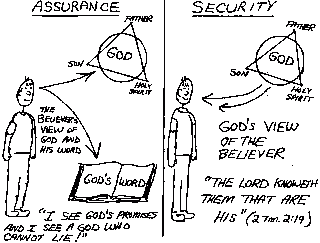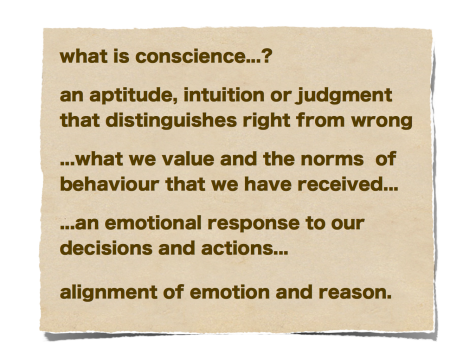I
woke up Thursday morning irritable and frustrated with every little thing that
was happening around me. I changed my outfit a minimum of 5 times. My siblings
stared at me with horror as I ran around screaming and acting irrationally It felt as if I was having a heat stroke with some side affects of an anxiety
attack. As a woman I tend to suffer from those irregular days frequently
however most of my friends do not express their irritability the way I do. I
lashed out at my siblings as my emotions took control of my mind at least I
felt they were. As I drove to call I was having to many feelings and I did not
know how to sort them out. However God has a plan for everything. As I entered
class, I prayed and tried to calm myself down from my heightened emotions. Dr.
Corsini spoke about emotions and how some of us dampen, ignore, or heighten our
emotions. Obviously I was the latter I have a tendency to heighten all my
emotions. I basically wear my emotions on my face. I was instantly drawn into his lecture. I felt
like he was reading my mind with every word he said he dug a deeper hole into
my emotions. My best friend and my sister were sitting next to me as my
professor spoke they just stared at me and laughed. I have always had a problem
learning to control my emotions and the article I found teaches you how to
control your emotions. The objective of the article is to teach the reader how
to control their emotions and to learn what stimuli trigger those emotions. The
author gives a couple of stimuli that may trigger unwanted emotions such as
personal finances, friends and all their problems, if you are a parents your
children, the neighborhood someone lives in, the clothes you wear, your job,
and sometimes your boss.
If
any of these provokes your emotions you need to remove yourself from the situation
that is causing you to have the unwanted emotions. First, step to control your
emotions is to set aside a time for yourself to reflect and have some peace and
quiet. Second, meditating as Christians it is vital that we learn to mediate on
scripture and set aside a time for to talk to God and share with Him all that
is overwhelming you. Visualize and control your emotions. Rely on Gods strength
to get you through the overwhelming situation. This article has much
information to offer those like myself who struggle with heightened emotions.
How this Applies to Christian Counseling?
As Christian we must be empathetic
to our clients situation. We will have clients that have been sexually abused
and who suffer from emotional problems. If we have counselors do not control
our emotions while counseling we can do great damage to our client’s mental
health. We begin to experience countertransference, which is unhealthy for both
the counselor and the client.
You can read the article here.
You can read the article here.











